Analytical Study on the Strategic Importance of Engaging Veterans in the Green Economy prepared within the framework of a joint initiative by the United Nations Environment Programme (UNEP), the NGO Living Planet and the NGO Insitute of Sustainable Reforms and Project Works, this study highlights the strategic value of engaging veterans in the green economy sectors. This approach not only expands the labor market but also ensures an environmentally safe and socially just recovery for Ukraine.
✅ In the first phase of the project, the following activities were conducted:
- Analysis of over 35 EU legal acts, including directives on energy efficiency, renewable energy, public procurement, circular economy, and green transition;
- Review of 23 national strategies, programs, and legal acts of Ukraine, including the Veterans Reintegration Strategy to 2030, Waste Management Strategy, National Climate Change Adaptation Strategy, State Regional Development Strategy, Green Economic Transformation Roadmap, and others;
- Consultations with over 50 key stakeholders, including representatives of the Ministry of Veterans Affairs, the Ministry of Economy, the Ministry of Environmental Protection and Natural Resources, the State Employment Service, businesses, NGOs, and educational institutions;
- Organization of an inception coordination meeting with national partners and a panel discussion during the Ukraine Green Recovery Platform Forum (Kyiv, 7 April 2025);
- Development of a sociological research methodology, including quantitative surveys for employers and veterans, as well as focus groups and in-depth interview scenarios;
- Agreement on the structure of a policy paper encompassing legal, economic, and institutional components.
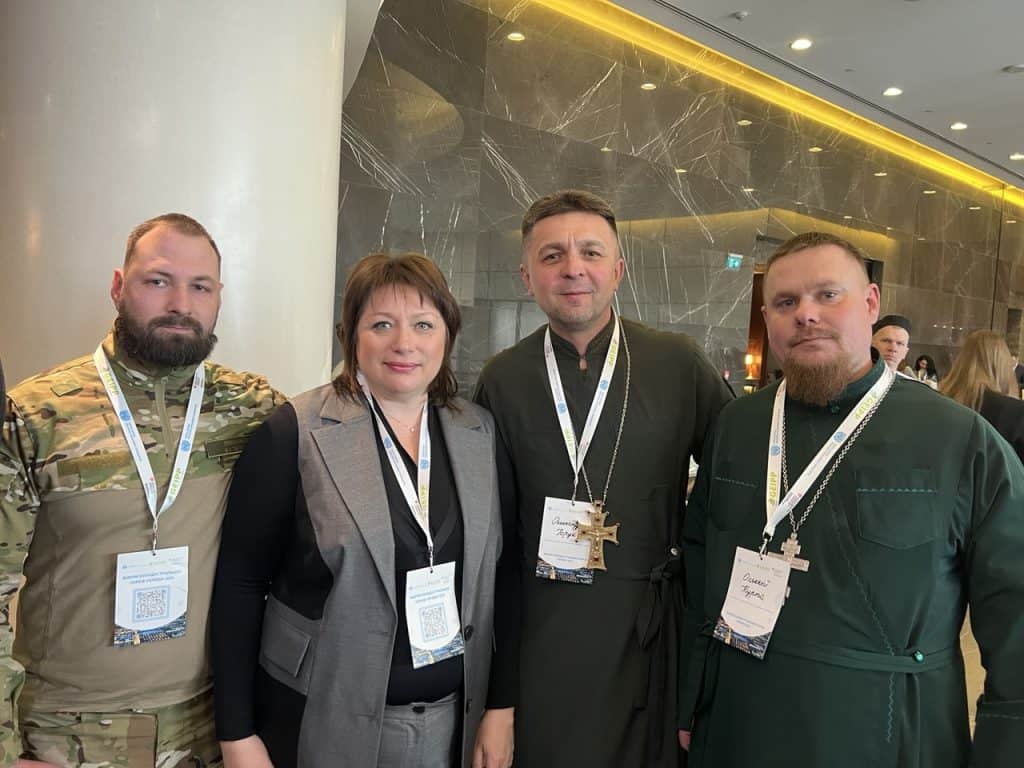
⚠️ Key systemic challenges identified:
- Veterans are largely excluded as a target group in programs related to energy efficiency, renewables, and waste management;
- Limited access to specialized environmental education and retraining;
- Restricted participation of veterans in policy and project planning processes;
- Lack of effective mechanisms to incentivize businesses to employ veterans in green sectors.
🌍 International examples to follow:
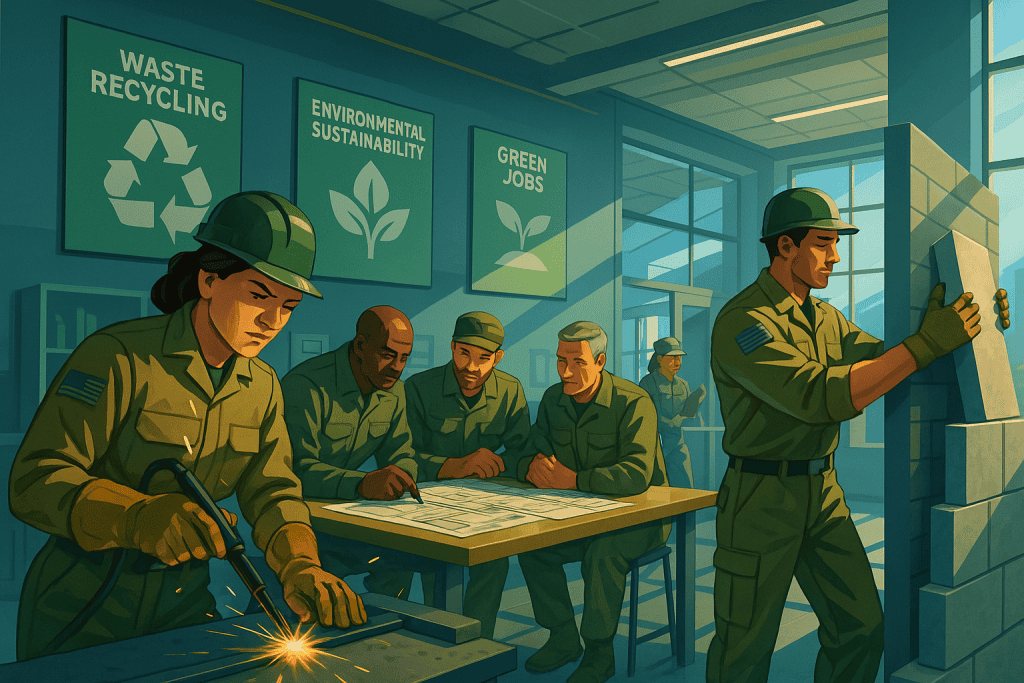
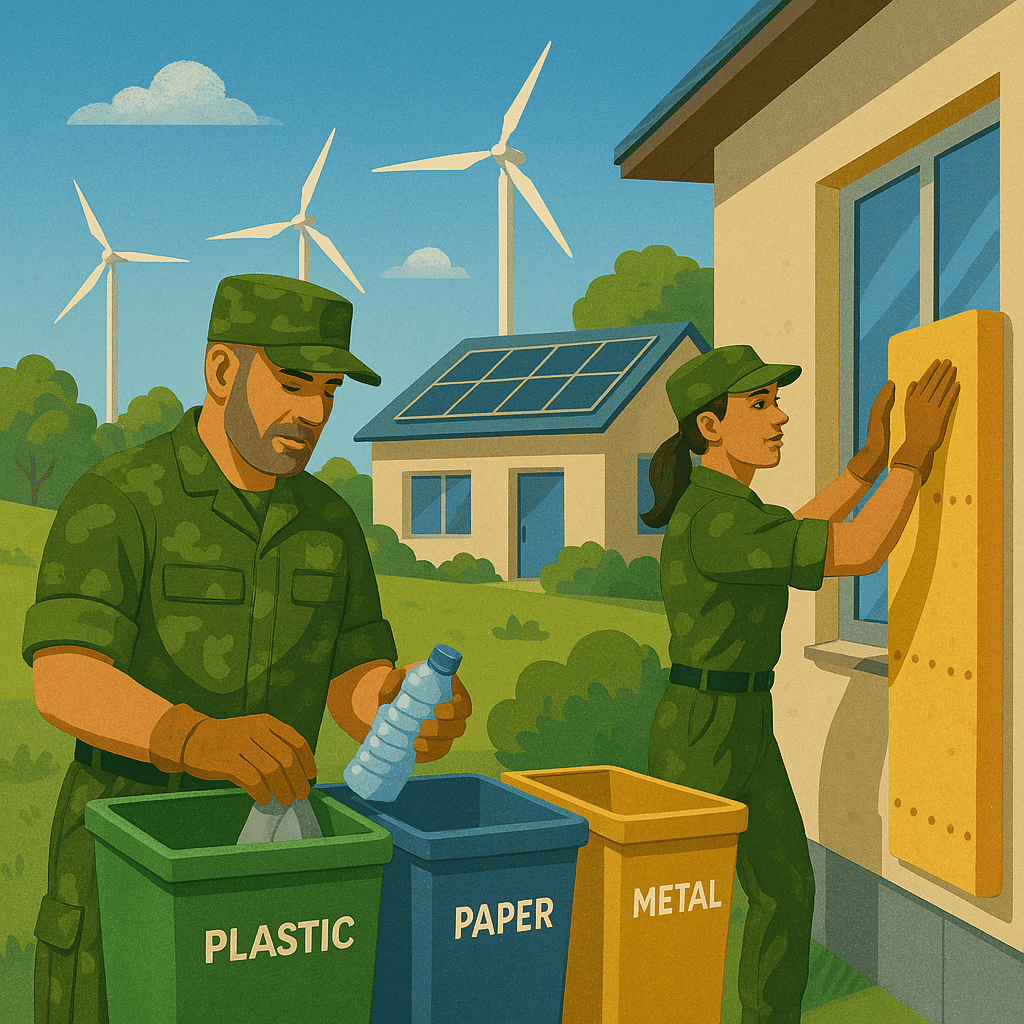
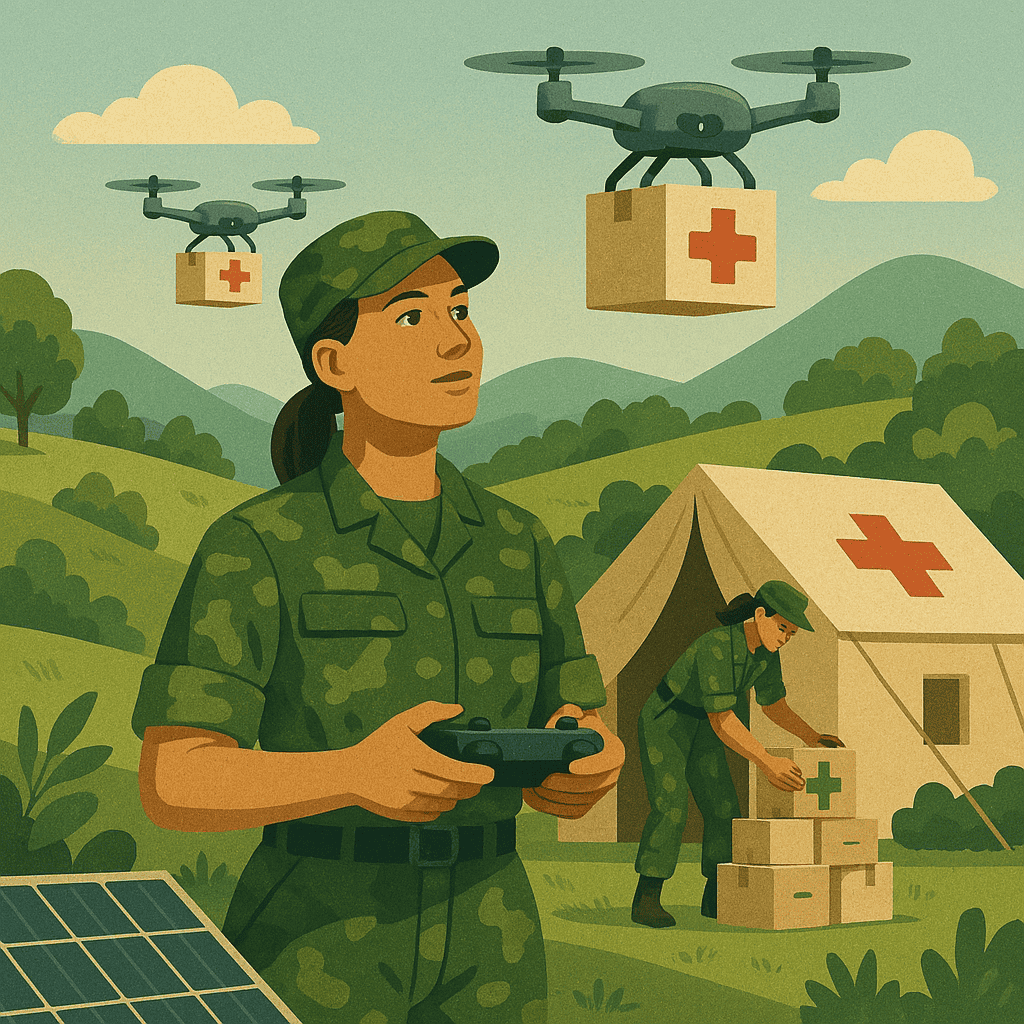
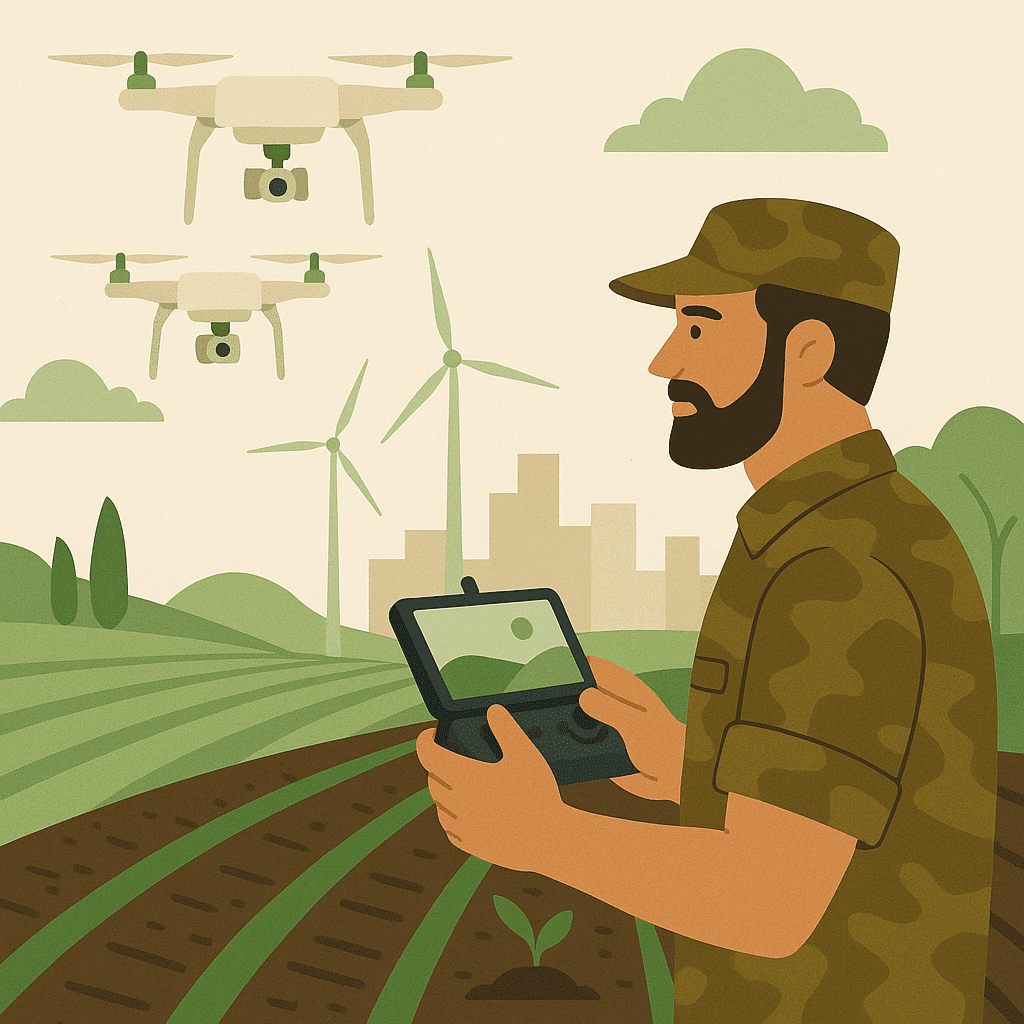
- USA: The Solar Ready Vets program trains veterans for employment in the solar energy sector;
- Germany: The Green Jobs initiative creates employment for vulnerable groups;
- South Korea: The Green New Deal links infrastructure investment with inclusive employment.
Ukrainian pilot initiatives:
- Lviv region – a veteran-led micro solar generation project;
- Kyiv – vocational training in energy-efficient construction;
- Lviv – a waste recycling initiative based on circular economy principles.
📊 Regional potential (preliminary assessment):
- Lviv region – high level of activity, pilot projects, and environmentally oriented businesses;
- Kyiv and Zhytomyr regions – development of green construction;
- Dnipropetrovsk region – strong demand from businesses for vocational training.
✅ Conclusion:
Veterans represent a strategic resource for Ukraine’s post-war green transformation.
Their reintegration through green jobs is not only a matter of social justice, but also an investment in sustainable development, energy independence, and economic resilience.
To unlock this potential, it is essential to:
- Launch a national program “Green Skills for Veterans” (under the auspices of the Ministry of Veterans Affairs);
- Integrate veteran employment into legislation on energy efficiency, public procurement, education, and employment;
- Implement demonstration projects such as micro solar stations, housing renovation, and sorting centers;
- Foster public-private partnerships;
- Strengthen engagement with funding sources, including the EU, JTF, World Bank, UNEP, UNIDO, GIZ, and USAID.

